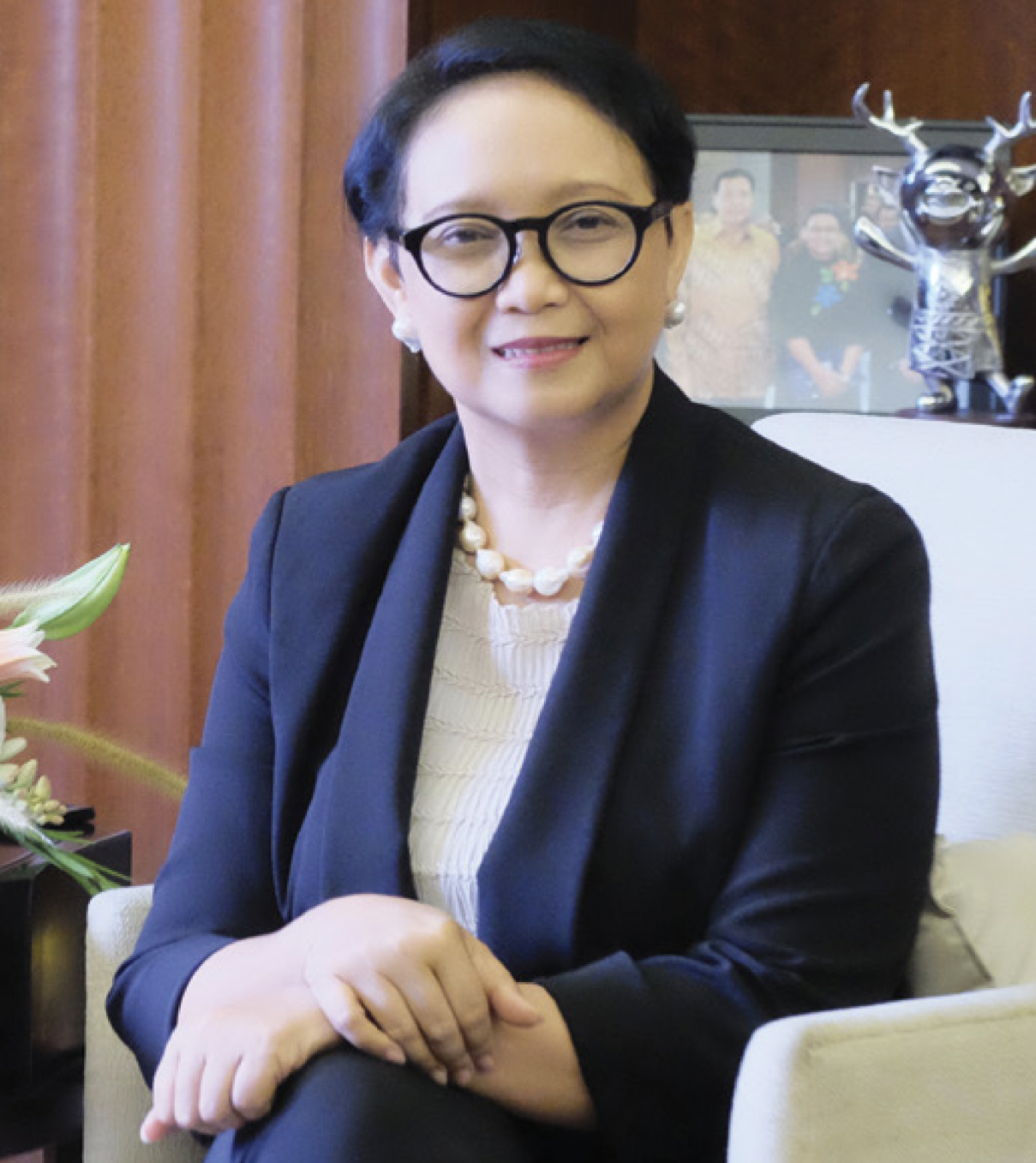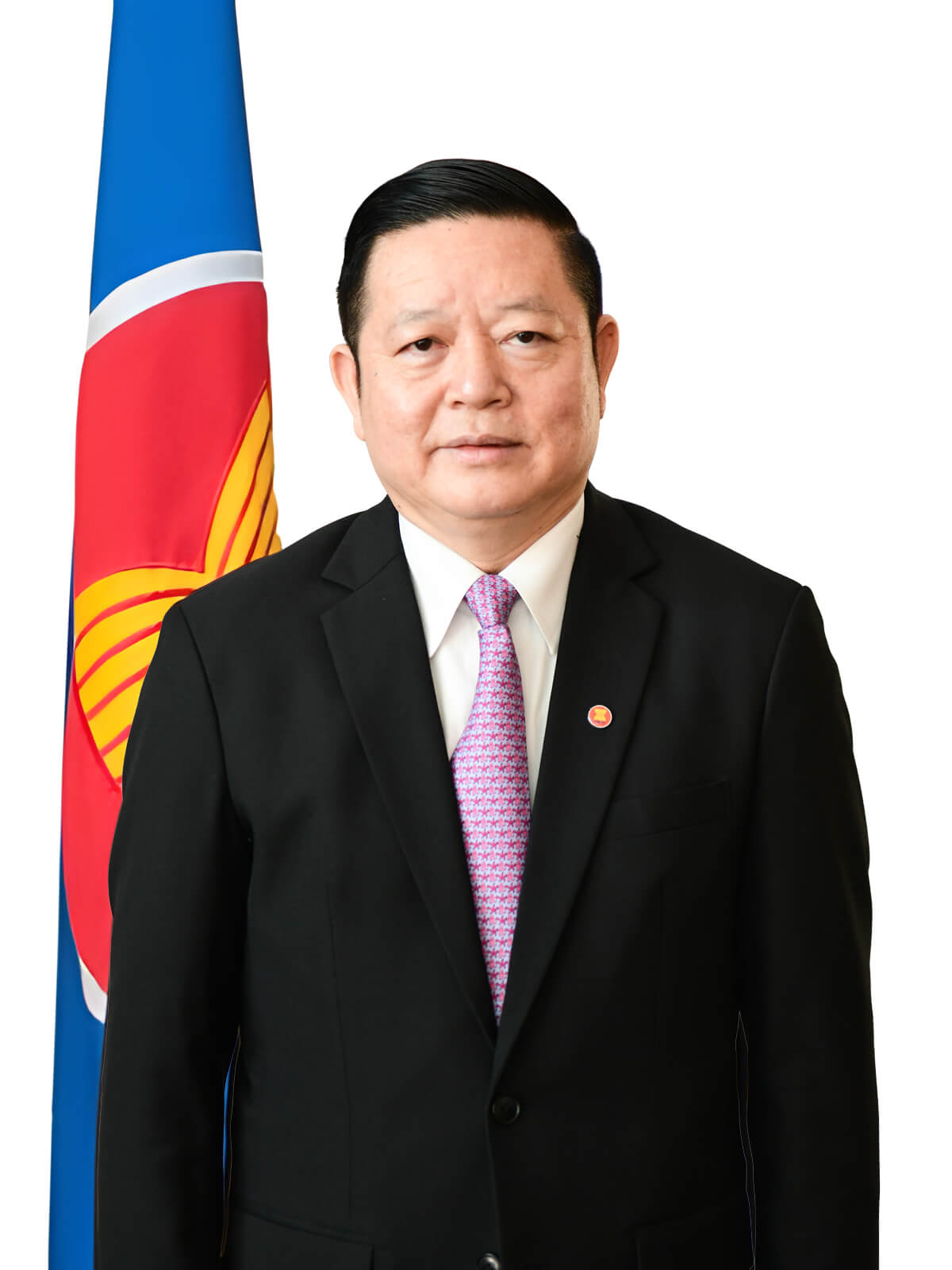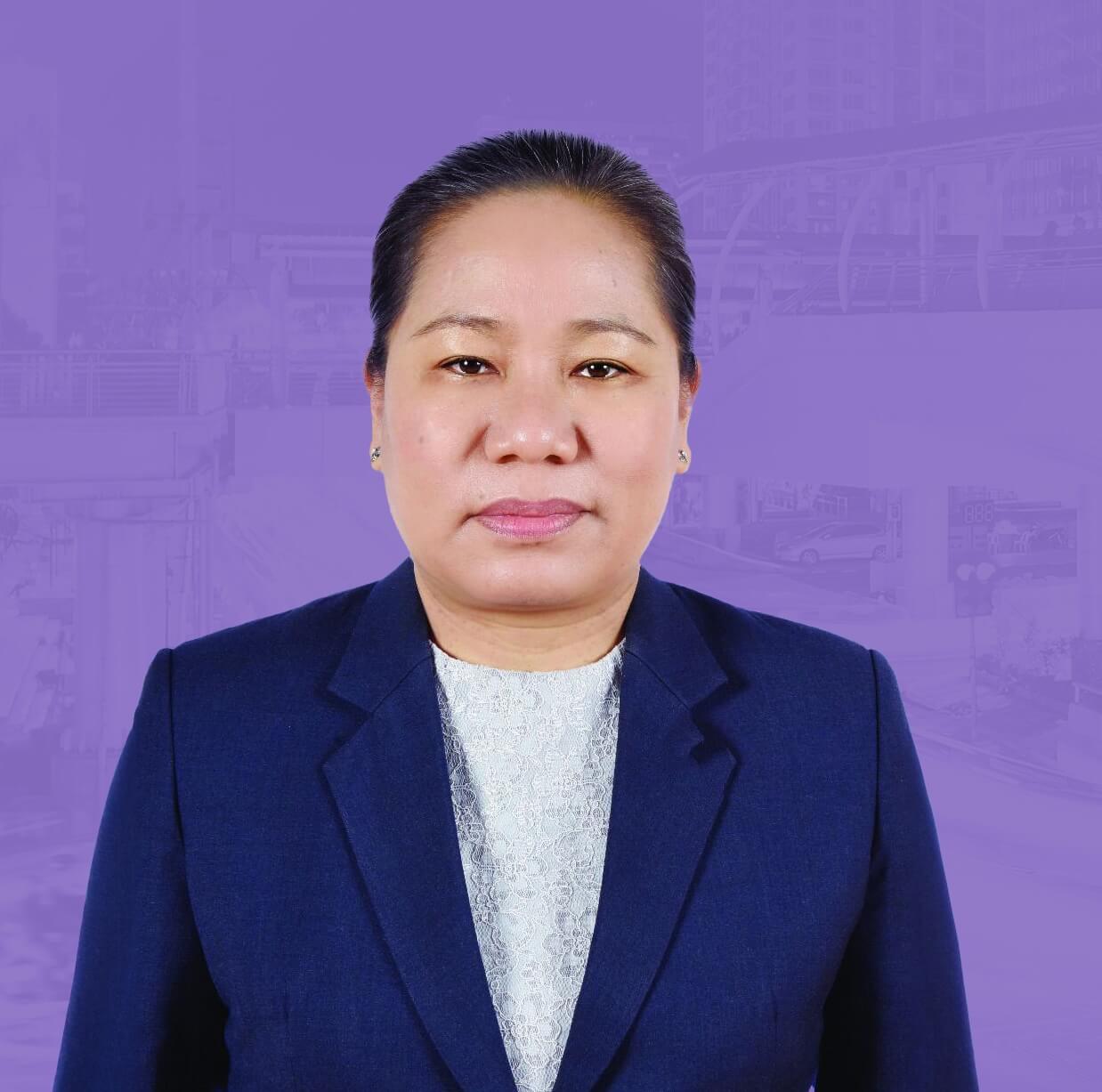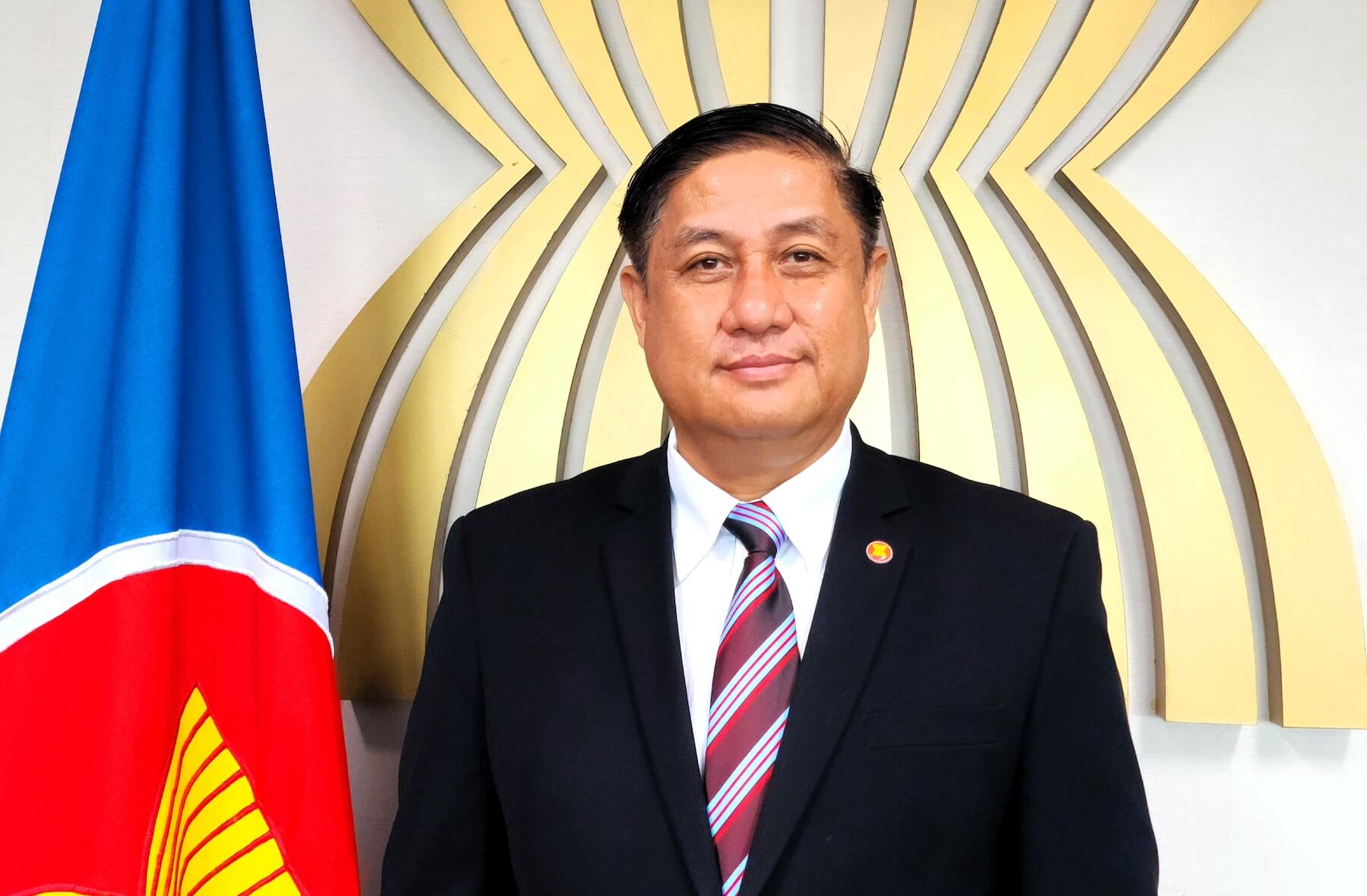


The word “identity” was stated for the first time in the document of Bali Concord II in 2003. It has become a commonly-used term, but has yet to be defined. Indonesia has taken the initiative to formulate the Narrative of ASEAN Identity. The Definition of ASEAN Identity will be adopted by the ASEAN Leaders during the 37th ASEAN Summit in November 2020 in Viet Nam.
Indonesia’s Foreign Minister Retno Marsudi shares how shaping this identity, from the grassroots, can make ASEAN
more relevant to its people.
Please share with us Indonesia’s initiatives in promoting ASEAN Identity in Indonesia and in ASEAN?
At the Foreign Minister Annual Press Statement in 2018, I conveyed my concern regarding the biggest challenge that ASEAN will face in the future, “Will ASEAN still be able to maintain its relevance in our community for the next 50 years?” “Is our community in general aware of ASEAN? Do they have the understanding and the need for ASEAN?”
ASEAN’s relevance can only be achieved and maintained when our community has deep understanding and awareness of ASEAN. Apart from bringing the benefit to the people, the relevance of ASEAN should bring benefit to the region and the world. By having one solid Narrative on ASEAN Identity, it will help us actualise ourselves more.
I also have suspicion that ASEAN has not yet reached a community that inspires the “we-feeling” and “sense of belonging.” Based on the survey conducted by the Indonesian Research Institute (LIPI) in 2015, ASEAN awareness among grassroot society in Indonesia was only 25.90 per cent. To enhance this, we need to define an identity that represents similar values and traditions within the region of ASEAN, to serve as common denominators.
Regionally, Indonesia is active in promoting regional interests by leading various initiatives in the three pillars of ASEAN. To further establish ownership among all pillars, Indonesia is in preparation to lead a Cross Pillar Consultation on the Narrative of ASEAN Identity which will take place at the ASEAN Secretariat in August 2020.
Nationally, Indonesia has also been continuously promoting ASEAN Identity through, among others, ASEAN Youth Ambassadors and ASEAN Study Centres in 68 universities across Indonesia.
How do you think fostering ASEAN Identity can contribute to inclusive and sustainable development in the region?
The ASEAN Identity shall serve as a self- reminder to ASEAN Member States regarding who we are, where we come from and where we are heading towards, both as an organization and a community.
ASEAN Identity shall navigate ASEAN to progress as one, and only through cooperation, ASEAN would promote inclusivity and sustainable development.
At this point, I would like to highlight how we, as ASEAN, could also shift the way we see the larger Indo-Pacific region—a region that will be the future of global economic growth.
What are the values or elements that you think could be celebrated and co-opted as we develop the Narrative on ASEAN Identity?
The establishment of ASEAN in 1967 is a product of a common denominator that was derived from constructed political values. As time goes by, such a constructed value proves incapable to further enhance understanding and awareness of ASEAN in the community as we hoped for.
A more common denominator that contains traditional and historical socio-economic and cultural values, that truly reflects the basic characteristics within the ASEAN region should become the fundamental unifying factors in our identity.
I do believe that this common denominator will endure and persist in our community.
What do you think should ASEAN do more to foster and strengthen ASEAN Identity?
The future of ASEAN is in the hands of the youth that comprises 30 per cent of ASEAN population.
I believe that our effort to strengthen and foster ASEAN Identity should focus on the ASEAN youth.
I introduced the programme of ASEAN Youth Ambassador of Indonesia during the ASEAN Foreign Ministers Retreat in Chiang Mai, Thailand in January 2019 as an example of the role of youth in promoting ASEAN awareness and identity in Indonesia. Hopefully during Indonesia’s chairmanship in 2023, my initiative to establish the network of ASEAN Youth Ambassador could be realised, and in due time will strengthen ASEAN Identity.
How should ASEAN strike a balance between national and regional interests?
Every individual has their own interests, but when it comes to the interest of the family, we have to also be ready to contribute. Without contribution of individuals of ASEAN, ASEAN will be meaningless and that is not the purpose of ASEAN where all are equals. The sense of being one region is one of the important parts of the narrative of ASEAN.
Nowadays, in the midst of the outbreak of COVID-19, ASEAN presence should also be felt by all ASEAN nationals. We should join hands in preventing, addressing the outbreak, and assisting ASEAN nationals. This, I think is a powerful example that an ASEAN Identity, the “we feeling”, the “sense of belonging” that ASEAN should develop.








